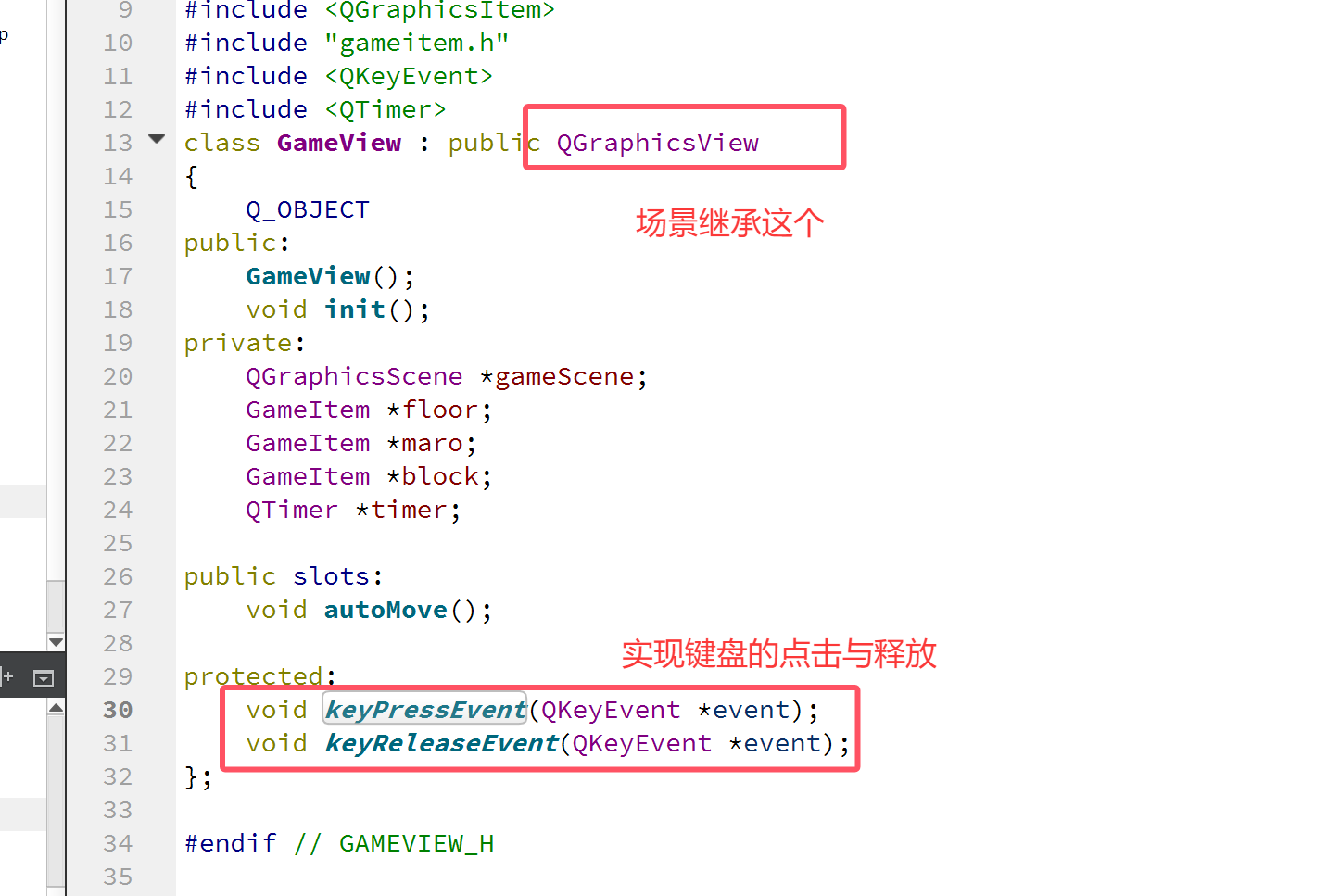背景
代码中经常会出现双向链表,对于双向链表的插入和删除有对应的API函数接口,但直观的图表更容易理解,所以本文会对rt-thread内核代码中提供的双向链表的一些API函数操作进行绘图,方便后续随时查看。
代码块
rt-thread中提供的代码段包括:
链表定义rtdef.h
/**
* Double List structure
*/
struct rt_list_node
{
struct rt_list_node *next; /**< point to next node. */
struct rt_list_node *prev; /**< point to prev node. */
};
typedef struct rt_list_node rt_list_t; /**< Type for lists. */
API操作定义rtserver.h
/**
* @addtogroup KernelService
*/
/**@{*/
/**
* rt_container_of - return the start address of struct type, while ptr is the
* member of struct type.
*/
#define rt_container_of(ptr, type, member) \
((type *)((char *)(ptr) - (unsigned long)(&((type *)0)->member)))
/**
* @brief initialize a list object
*/
#define RT_LIST_OBJECT_INIT(object) { &(object), &(object) }
/**
* @brief initialize a list
*
* @param l list to be initialized
*/
rt_inline void rt_list_init(rt_list_t *l)
{
l->next = l->prev = l;
}
/**
* @brief insert a node after a list
*
* @param l list to insert it
* @param n new node to be inserted
*/
rt_inline void rt_list_insert_after(rt_list_t *l, rt_list_t *n)
{
l->next->prev = n;
n->next = l->next;
l->next = n;
n->prev = l;
}
/**
* @brief insert a node before a list
*
* @param n new node to be inserted
* @param l list to insert it
*/
rt_inline void rt_list_insert_before(rt_list_t *l, rt_list_t *n)
{
l->prev->next = n;
n->prev = l->prev;
l->prev = n;
n->next = l;
}
/**
* @brief remove node from list.
* @param n the node to remove from the list.
*/
rt_inline void rt_list_remove(rt_list_t *n)
{
n->next->prev = n->prev;
n->prev->next = n->next;
n->next = n->prev = n;
}
/**
* @brief tests whether a list is empty
* @param l the list to test.
*/
rt_inline int rt_list_isempty(const rt_list_t *l)
{
return l->next == l;
}
/**
* @brief get the list length
* @param l the list to get.
*/
rt_inline unsigned int rt_list_len(const rt_list_t *l)
{
unsigned int len = 0;
const rt_list_t *p = l;
while (p->next != l)
{
p = p->next;
len ++;
}
return len;
}
/**
* @brief get the struct for this entry
* @param node the entry point
* @param type the type of structure
* @param member the name of list in structure
*/
#define rt_list_entry(node, type, member) \
rt_container_of(node, type, member)
/**
* rt_list_for_each - iterate over a list
* @pos: the rt_list_t * to use as a loop cursor.
* @head: the head for your list.
*/
#define rt_list_for_each(pos, head) \
for (pos = (head)->next; pos != (head); pos = pos->next)
/**
* rt_list_for_each_safe - iterate over a list safe against removal of list entry
* @pos: the rt_list_t * to use as a loop cursor.
* @n: another rt_list_t * to use as temporary storage
* @head: the head for your list.
*/
#define rt_list_for_each_safe(pos, n, head) \
for (pos = (head)->next, n = pos->next; pos != (head); \
pos = n, n = pos->next)
/**
* rt_list_for_each_entry - iterate over list of given type
* @pos: the type * to use as a loop cursor.
* @head: the head for your list.
* @member: the name of the list_struct within the struct.
*/
#define rt_list_for_each_entry(pos, head, member) \
for (pos = rt_list_entry((head)->next, typeof(*pos), member); \
&pos->member != (head); \
pos = rt_list_entry(pos->member.next, typeof(*pos), member))
/**
* rt_list_for_each_entry_safe - iterate over list of given type safe against removal of list entry
* @pos: the type * to use as a loop cursor.
* @n: another type * to use as temporary storage
* @head: the head for your list.
* @member: the name of the list_struct within the struct.
*/
#define rt_list_for_each_entry_safe(pos, n, head, member) \
for (pos = rt_list_entry((head)->next, typeof(*pos), member), \
n = rt_list_entry(pos->member.next, typeof(*pos), member); \
&pos->member != (head); \
pos = n, n = rt_list_entry(n->member.next, typeof(*n), member))
/**
* rt_list_first_entry - get the first element from a list
* @ptr: the list head to take the element from.
* @type: the type of the struct this is embedded in.
* @member: the name of the list_struct within the struct.
*
* Note, that list is expected to be not empty.
*/
#define rt_list_first_entry(ptr, type, member) \
rt_list_entry((ptr)->next, type, member)
重点函数
rt_list_init()
rt_list_insert_after()
rt_list_insert_before()
rt_list_remove()
重点函数理解
rt_list_init(rt_list_t *l)
rt_inline void rt_list_init(rt_list_t *l)
{
l->next = l->prev = l;
}
初始化当前链表l,即当前链表l的pre和next都是指向自己。

rt_list_insert_after(rt_list_t *l, rt_list_t *n)
rt_inline void rt_list_insert_after(rt_list_t *l, rt_list_t *n)
{
l->next->prev = n;
n->next = l->next;
l->next = n;
n->prev = l;
}
将新链表n1插入到l之后

将新链表n2插入到l之后

将新链表n3插入到l之后

rt_list_insert_before(rt_list_t *l, rt_list_t *n)
rt_inline void rt_list_insert_before(rt_list_t *l, rt_list_t *n)
{
l->prev->next = n;
n->prev = l->prev;
l->prev = n;
n->next = l;
}
将新链表n1插入到l之前

将新链表n2插入到l之前

rt_list_remove(rt_list_t *n)
rt_inline void rt_list_remove(rt_list_t *n)
{
n->next->prev = n->prev;
n->prev->next = n->next;
n->next = n->prev = n;
}
从已有链表中移除当前链表,如原链表

从此链表中移除n2,则




















